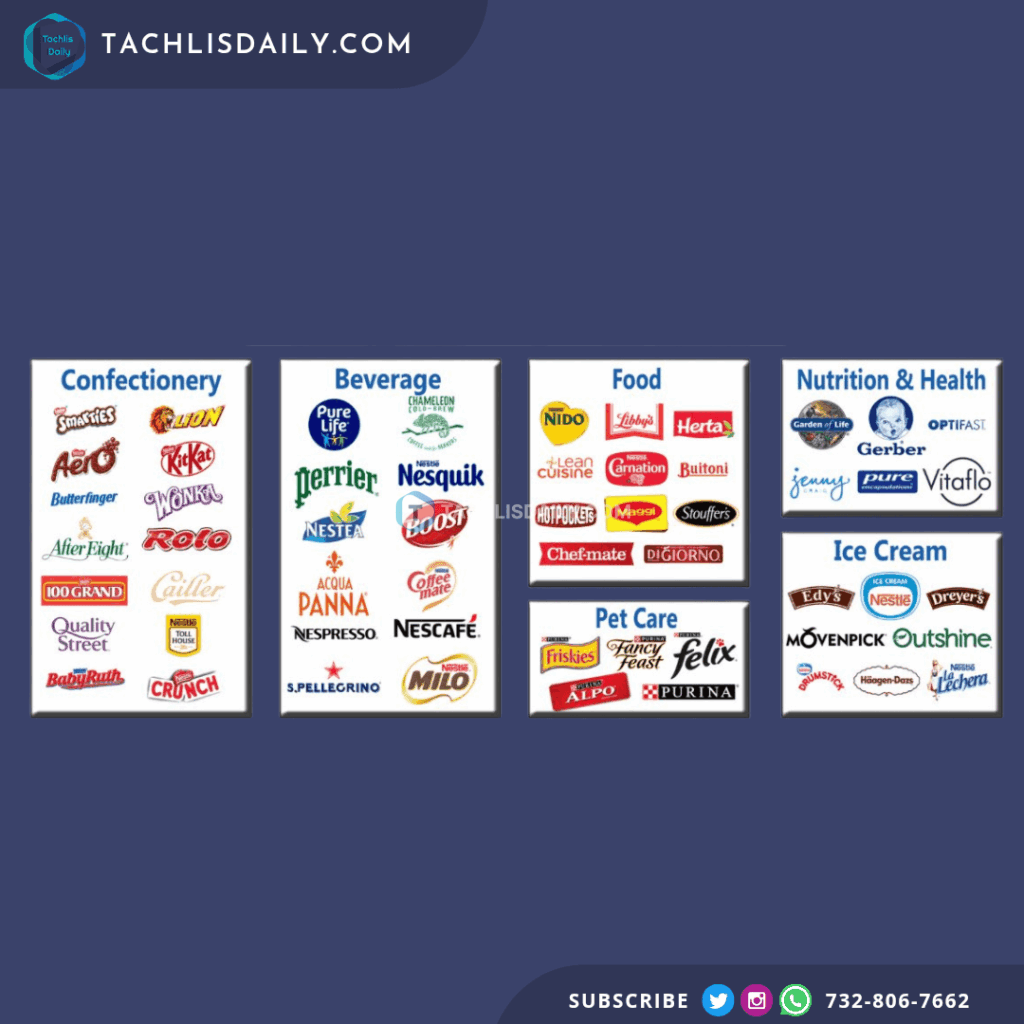Nestlé has announced a sweeping reform to its product ingredients, pledging to eliminate all artificial dyes from its U.S. food and beverage offerings by mid-2026. This decision marks a significant step in the ongoing shift toward cleaner labels and more transparent food manufacturing, driven by both growing consumer demand and increased regulatory scrutiny.
The company stated that 90% of its current U.S. portfolio is already free from synthetic dyes, a result of gradual reformulation efforts over the past decade. However, some products—such as its Nesquik Banana Strawberry milk, which still contains the controversial Red 3 dye—remain under reformulation. Red 3 was recently banned in foods by U.S. regulators due to concerns over its potential cancer risk, nearly 35 years after it was prohibited in cosmetics.
Nestlé’s announcement follows similar commitments from major industry players. Kraft Heinz and General Mills both declared plans to remove artificial dyes from all U.S. products by 2027. General Mills is also targeting an earlier deadline for cereals and school-served foods, aligning with a growing wave of state-level legislation targeting artificial food additives. States like California and West Virginia have already enacted bans on artificial dyes in school meals.
Legislative pressure is mounting nationwide. In Texas, a new law signed by Governor Greg Abbott mandates that, starting in 2027, food labels must disclose if the product contains additives or dyes that are not recommended for human consumption in several other countries, including Australia, Canada, the U.K., and across the European Union.
At the federal level, there has also been a resurgence of attention on food safety regulations. Earlier this year, the FDA, under the leadership of Health Secretary Robert F. Kennedy Jr. and Commissioner Marty Makary, committed to supporting industry-wide voluntary removal of synthetic dyes by the end of 2026.
Public support for such measures is robust. A recent nationwide poll indicated that approximately two-thirds of Americans favor the restriction or reformulation of processed foods to eliminate artificial ingredients such as added sugars and dyes. This groundswell of support has been a decisive factor in shaping both corporate and legislative action.
Nestlé emphasized that its renewed effort to phase out artificial colors reflects an evolving mission to align with consumers’ changing nutritional preferences and health concerns. Marty Thompson, Nestlé’s U.S. CEO, reiterated the company’s dedication to consumer wellbeing, stating, “Serving and delighting people is at the heart of everything we do and every decision that we make.”
This isn’t the first time Nestlé has made such a pledge. In 2015, the company vowed to remove artificial flavors and colors by the end of that year. However, that effort fell short of full implementation. This time, the company appears more committed, aligning its goals with a broader industry and regulatory push to clean up processed food ingredients across the board.












